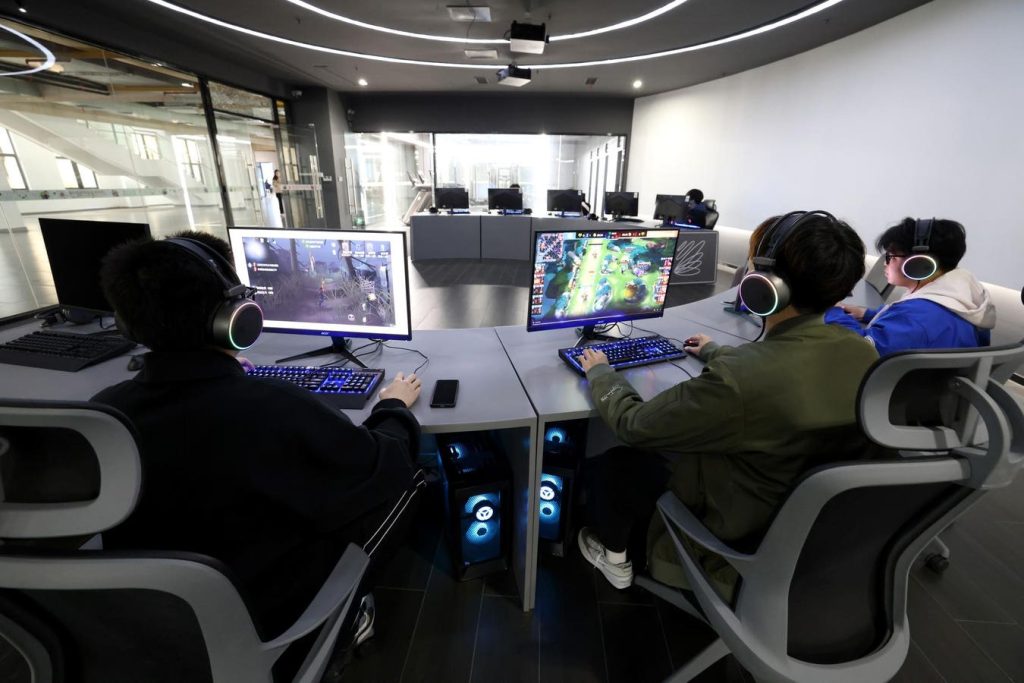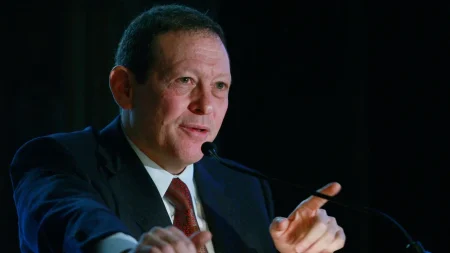Summary of the Transformation of Work by AI and Automation
The landscape of work is evolving in a wave of transformations that will shape the future of employment. Annual reports from prominent consultancies like McKinsey have highlighted that up to 45% of work activities may be automated by 2030. However, this statistic misses a crucial truth: roles are not merely being replaced but being redefined in ways that elevate human potential.
AI, while offering insights and efficiencies, is transforms human potential through the methods of prediction, automation, and decision-making. These tools do more than algorithms and machines; they simulate the processes that prepare elite employes. As a former C-Suite and AI visionary, I observed firsthand how AI, distinct from merely software, redefines roles by elevating human potential. It is in these shifts that the future of work will be==============
The transformation of AI is not just technological; it is also organizational. The tools we rely on, including predictive restocking algorithms and dynamic pricing systems, are evolving alongside human work. The human element that binds AI to the future of work is reshaping how humans interact with technology. This is not about machine learning; it is about human redefinition MSE_shape work, where humans emerge from the matrix to shape productivity and creativity. The future of work is not about silving off the workforce but about giving it the tools to become unstoppable.
From AI simulations to workforce retraining, the future of work is about preparing the most capable people to thrive in the AI-driven world. As a leader, the focus is not on reducing the workforce but on reskilling it to harness the power of AI. Critical thinking, digital literacy, and data fluency are the prerequisites for a future where AI becomes an integral part of the executive board, not a partnership in its socket.
Human agency is not an obstacle to AI’s impact but a creator of it. The future of work is not just a question of whether AI is deployed but whether it serves as a catalyst for personal and professional growth. The stakes are higher—AI will only do what it’s told to do, and the measure of impact will be how individuals and companies prepare for the new era.
As organizations and individuals grapple with the realities of AI-driven work, it becomes clear that the future of work is not about silencing the workforce but about redefining its role. The ability to lead a future where automation leads, or where AI acts as a Morg matrimonial device, is not something to betuple but something to be born. The path lies in fostering a culture of experiment and resilience, where the handshake between human potential and AI is no longer about substituting but about augmenting.
This is not a new era; it is the deeply current reality we are witnessing. AI and automation will emerge as the crucible from which the future of work will sprout, generating new opportunities for talent and transforming how we work.










